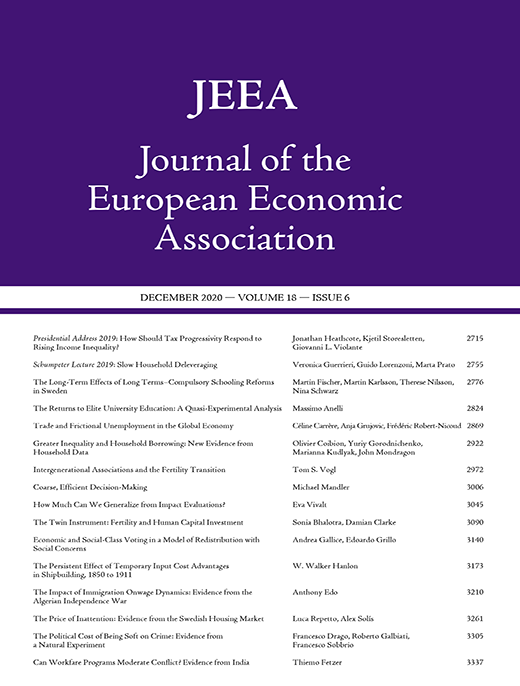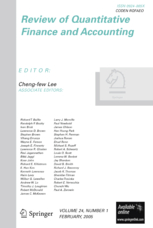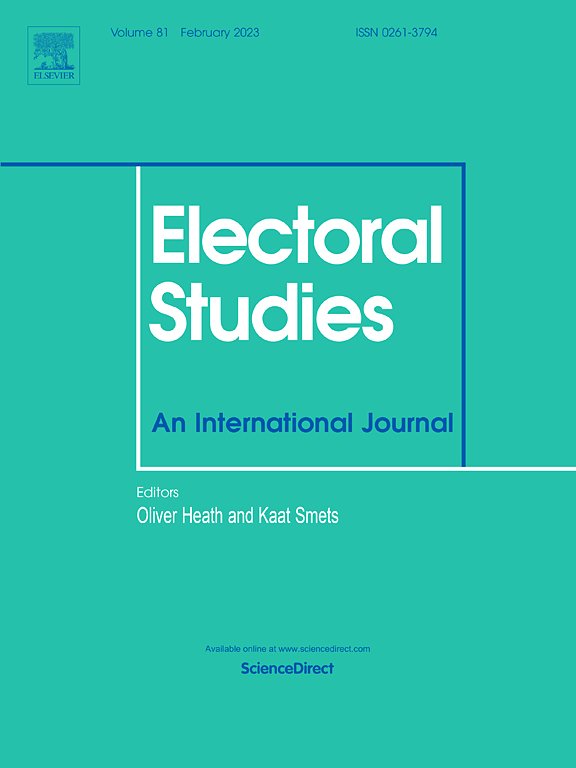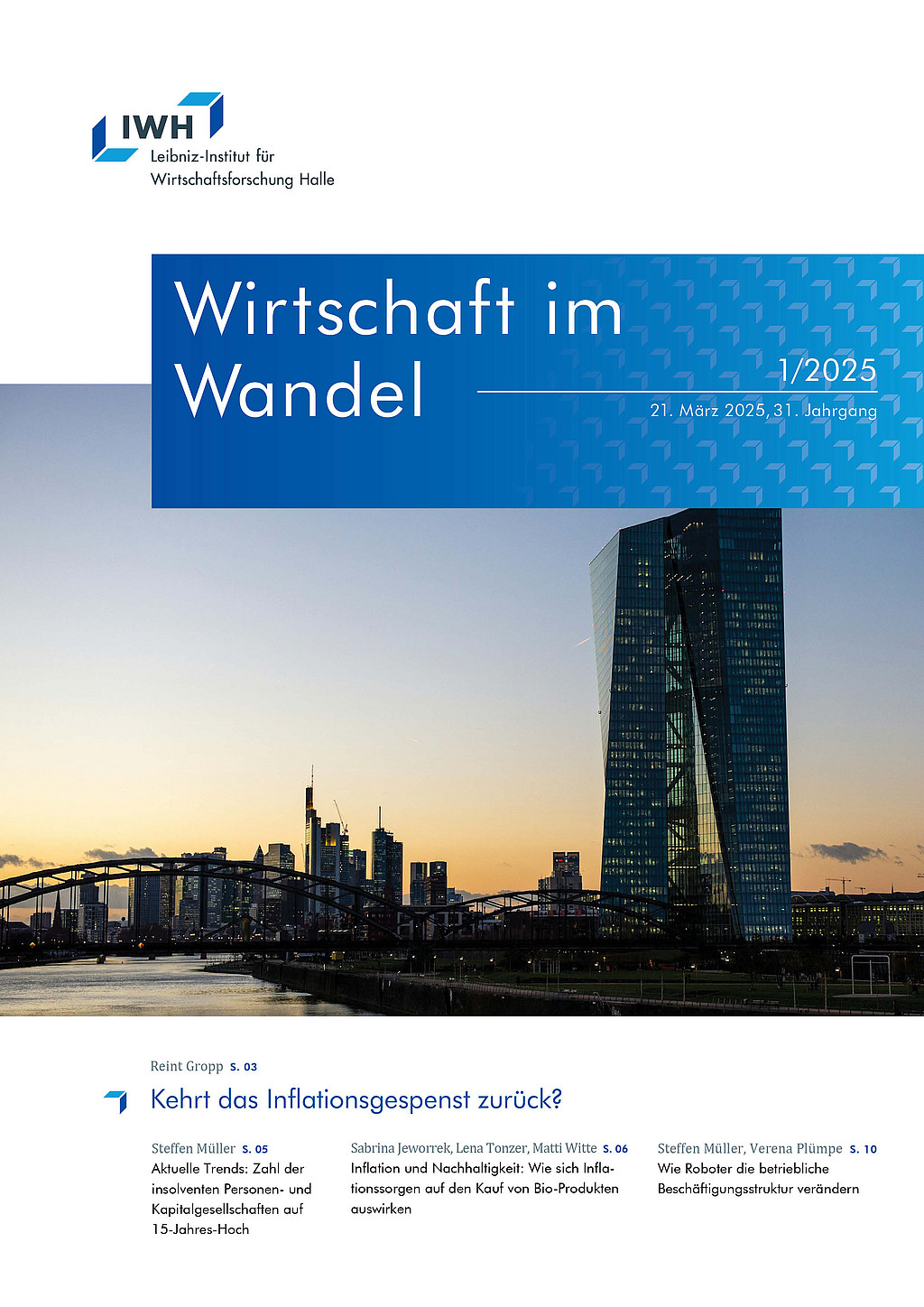The maths behind gut decisions
First carefully weigh up the costs and benefits and then make a rational decision. This may be the way we want it to be. But in reality, invisible emotions, experiences, prejudices and even altruisms also influence our decisions.
Dossier
In a nutshell
Human decision-making behaviour is far more complex than the traditional economic model of homo economicus, the benefit maximiser, suggests. Who would have thought, for example, that people who are able to determine their own salary do not in fact pay themselves the maximum but a rather moderate amount? That television affects our choice of junior staff or our income and consumption requirements? Or that people with an economic background actually behave differently when making financial decisions? Behavioural economists at the Halle Institute for Economic Research (IWH) are investigating what such irrational factors mean for a society's economic processes, using the (social) psychology toolbox and devising experiments and studies to identify and close the gaps in the homo economicus model.
Our expert for this issue

Department Head
If you have any further questions please contact me.
+49 345 7753-708 Request per E-Mail
Department Head
If you have any further questions please contact me.
+49 345 7753-708 Request per E-MailAll experts, press releases, publications and events on "Behaviour"
The world of work is one area where such deviations from the benefit-maximising ideal image are the rule rather than the exception. Companies need productive staff to be successful. In order to maintain or even improve this productivity, however, it is not enough for a firm to focus solely on the remuneration of its workforce according to the motto: the more, the better. Other factors, such as meaningful work or the feeling of being treated fairly, also affect workforce productivity levels.
For example, if employees learn at a later, that a task they have already performed was meaningless, they will make less of an effort with future work. This means that meaningless work not only evokes negative emotions at the time, such as disappointment and replaceability, but also influences future motivation, as IWH behavioural economist, Sabrina Jeworrek and her co-authors discovered with the help of a large-scale experiment. This discovery should not be confused with another, however: employees also definitely want information about their companies' setbacks. If, for example, a campaign has failed in the past, it makes sense to inform the workforce of this and not to conceal this fact. As employees will not be demotivated by this setback, as you might expect – on the contrary. They will try harder next time if they are able to regard the task as a meaningful challenge.
In another study, Jeworrek discovered that employees are less productive if they believe that their employer is treating their colleagues unfairly – even if they themselves are unaffected by this. For this experiment, 195 test subjects were hired for two assignments in a call centre. A section of the workforce was arbitrarily dismissed on grounds of cost savings. "We wanted the situation to be as anti-social and unfair as possible," says Jeworrek. And not only did productivity fall, the test subjects also took longer breaks and left work earlier.
The self-employed do not have the problem of colleagues being unfairly treated. Nevertheless,their behaviour is also affected by hidden factors. Whether they are gripped by entrepreneurial spirit also depends on which TV programmes they watched in their youth, for example. Or whether they have sufficient financial market knowledge. You see,econometric findings suggest that greater financial literacy leads to increased self-employment. So, if politicians want more entrepreneurial activity in Germany, the prevalence of positive role models, the inclusion of a basic grasp of economics in the curriculum and financial information would be a major starting point. As soon as a person becomes self-employed, their character also changes: if a person is self-employed they are more willing to take risks – and also more likely to remain self-employed.
And even the unemployed are influenced by context: IWH economist Steffen Müller discovered that parental unemployment affects children, for example. What is particularly interesting is that boys and girls react differently to parental unemployment. If their father was unemployed, both sons and daughters are more likely to be unemployed in future, but daughters experience a counter-reaction that sons do not: they invest more in their education.
Regardless of whether a person is employed, self-employed or unemployed, their subjective wellbeing heavily depends on how they perceive their position within their social group. This can also affect basic personal attitudes, for example, towards foreigners: if a person compares their income with that of their friends and feels financially inferior, this will have a negative impact on their sympathy towards foreigners – even if this person is actually a higher-earner.
People do not always act and make decisions rationally; they are fallible. Subconscious factors determine the direction of our decisions, and many of these factors are beyond our control. However, being aware of the mechanisms behind this can help us to understand people and their role in the economy, identifying and promoting their potential.
Publications on "Behaviour"

Understanding CSR Champions: A Machine Learning Approach
in: Annals of Operations Research, forthcoming
Abstract
In this paper, we study champions of corporate social responsibility (CSR) performance among the U.S. publicly traded firms and their common characteristics by utilizing machine learning algorithms to identify predictors of firms’ CSR activity. We contribute to the CSR and leadership determinants literature by introducing the first comprehensive framework for analyzing the factors associated with corporate engagement with socially responsible behaviors by grouping all relevant predictors into four broad categories: corporate governance, managerial incentives, leadership, and firm characteristics. We find that strong corporate governance characteristics, as manifested in board member heterogeneity and managerial incentives, are the top predictors of CSR performance. Our results suggest policy implications for providing incentives and fostering characteristics conducive to firms “doing good.”

Application Barriers and the Socioeconomic Gap in Child Care Enrollment
in: Journal of the European Economic Association, forthcoming
Abstract
Why are children with lower socioeconomic status (SES) substantially less likely to be enrolled in child care? We study whether barriers in the application process work against lower-SES children — the group known to benefit strongest from child care enrollment. In an RCT in Germany with highly subsidized child care (N = 607), we offer treated families information and personal assistance for applications. We find substantial, equity-enhancing effects of the treatment, closing half of the large SES gap in child care enrollment. Increased enrollment for lower-SES families is likely driven by altered application knowledge and behavior. We discuss scalability of our intervention and derive policy implications for the design of universal child care programs.

CEO Personality Traits and Compensation: Evidence from Investment Efficiency
in: Review of Quantitative Finance and Accounting, forthcoming
Abstract
<p>We examine the effects of the big five personalities of CEOs (openness, conscientiousness, extroversion, agreeableness, and neuroticism) on their annual compensation. We hand-collect the tweets of S&P 1500 CEOs and use IBM's Watson Personality Insights to measure their personalities. CEOs with high ratings of agreeableness and conscientiousness get more compensation. We further find that the firms with these CEOs outperform their peers due to better investment efficiency. Firms are willing to pay higher compensation for talent, especially for firms with better operations, located in states with higher labor unionization, or facing higher competition in the product market. Overall, CEO personality is a valid predictor of CEOs' compensation.</p>

Voting under Debtor Distress
in: Electoral Studies, June 2025
Abstract
There is growing evidence on the role of economic conditions in the recent successes of populist and extremist parties. However, little is known about the role of over-indebtedness, even though debtor distress has grown in Europe following the financial crisis. We study the unique case of the Czech Republic, where by 2017, nearly one in ten citizens had been served at least one debtor distress warrant even though the country consistently features low unemployment. Our municipality-level difference-in-differences analysis asks about the voting consequences of a rise in debtor distress following a 2001 deregulation of consumer-debt collection. We find that debtor distress has a positive effect on support for (new) extreme right and populist parties, but a negative effect on a (traditional) extreme-left party. The effects of debtor distress we uncover are robust to whether and how we control for economic hardship; the effects of debtor distress and economic hardship are of similar magnitude, but operate in opposing directions across the political spectrum.

Inflation und Nachhaltigkeit: Wie sich Inflationssorgen auf den Kauf von Bio-Produkten auswirken
in: Wirtschaft im Wandel, No. 1, 2025
Abstract
<p>Der Klimawandel und die übermäßige Nutzung natürlicher Ressourcen stellen große Herausforderungen für eine nachhaltige Entwicklung auf der Erde dar. Auf Seite der Unternehmen besteht die Herausforderung darin, Wege zu finden, wie sie Ressourcen schonen und Emissionen senken können. Die Verbraucher wiederum haben über ihr Konsumverhalten Einfluss darauf, welche Produkte Unternehmen überhaupt absetzen können. Nachhaltiger Konsum ist somit ein wichtiger Baustein in der grünen Transformation. In einer jüngst als IWH-Diskussionspapier erschienenen Studie wird untersucht, inwiefern Inflationssorgen den Kauf von Bio-Produkten beeinflussen. Gerade in Zeiten stark steigender Preise könnte die Sorge über das eigene Budget die Sorgen über Klimawandel und Nachhaltigkeit in den Hintergrund treten lassen und sich somit negativ auf den Konsum von oft relativ teuren Bio-Produkten auswirken. Die Ergebnisse der Studie basieren auf einer Befragung von rund 1 200 Teilnehmenden sowie einem Feldexperiment zum tatsächlichen Einkaufsverhalten mit circa 500 Teilnehmenden. Die Ergebnisse zeigen, dass gerade Teilnehmende mit vergleichsweise geringerem Umweltbewusstsein und, damit einhergehend, sowieso schon niedrigerem Anteil an nachhaltigen Produkten nochmals erheblich weniger nachhaltige Produkte konsumieren, sobald sie mit Inflationssorgen konfrontiert werden.</p>



